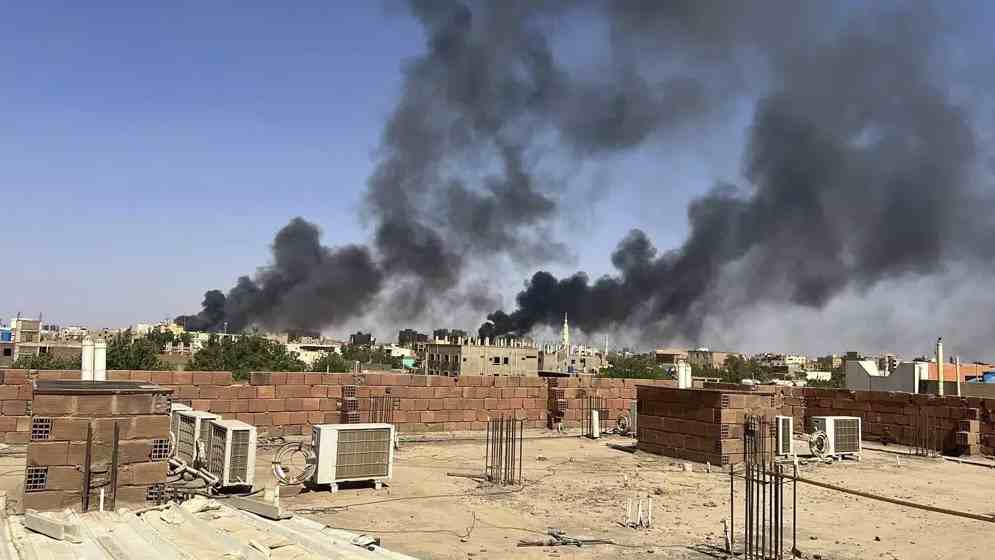In a pivotal development in the ongoing Sudanese conflict, General Mohammed Hamdan Dagalo, commander of the Rapid Support Forces, has pledged his commitment to a ceasefire following a meeting with South African President Cyril Ramaphosa in Pretoria. Despite this declaration, the situation remains fraught with active combat and uncertainty surrounding proposed peace talks with Sudan’s military chief, General Abdel-Fattah Burhan.
General Dagalo, often referred to as Hemeti, communicated to President Ramaphosa the substantial efforts made to conclude the conflict that has devastated Sudan. “I emphasized our unwavering commitment to cease hostilities,” Dagalo remarked. However, he did not specify a timeframe or a definitive plan for discussions with General Burhan. Last month, the generals had agreed to initiate dialogue about a possible ceasefire, as mediated by the East African regional bloc IGAD, but no further details about the date or location of these talks have been disclosed.
In related news from South Africa, a growing trend sees citizens increasingly turning to private security firms in the face of rising crime rates and a perceived inability of the police force to effectively manage the situation. This trend is exemplified by Anton Koen, a former police officer who now heads a security company specializing in the recovery of hijacked and stolen vehicles. The expansion of the private security sector highlights a significant shift in the public’s approach to safety and crime prevention.
In another part of the continent, Ghanaian Chef Failatu Abdul-Razak is on a mission to set a new world record for marathon cooking. In an event held in Tamale, northern Ghana, Abdul-Razak has been tirelessly preparing local dishes in an attempt to break the Guinness World Record for the longest cook-a-thon.
Meanwhile, in Haiti, the challenges are mounting as the country faces violent gang clashes, particularly in the Carrefour-Feuilles district of Port-au-Prince. This situation poses considerable challenges for foreign armed forces that are preparing to intervene in the nation.
The Sudanese conflict, which has seen former allies Dagalo and Burhan turn against each other, escalated into a full-scale war in mid-April, primarily in the capital city, Khartoum, and other regions. The United Nations has reported over 12,000 deaths, with actual numbers potentially higher. The conflict has displaced more than 7 million people.
Despite the discussions of a ceasefire, the conflict has intensified in areas like Jazeera province, which had previously been a refuge for civilians. Martin Griffiths, the United Nations’ humanitarian chief, reported that over half a million people were displaced following the RSF’s assault on Wad Medani, the capital of Jazeera province. The RSF’s actions have sparked fear among the locals, reminiscent of the alleged atrocities in Khartoum and the Darfur region.
The U.S. State Department has implicated both the RSF and the Sudanese military in committing war crimes or crimes against humanity during the conflict. These allegations and the ongoing violence have severely impacted humanitarian efforts, with Griffiths highlighting the looting of aid supplies and the difficulty in reaching those in need.
General Dagalo’s commitment to a ceasefire is a significant, albeit complex, development in the Sudanese conflict. The international community, particularly influential nations and organizations, faces the pressing task of fostering peace and stability in the region. The potential ceasefire marks an important step towards resolving a conflict that has had profound consequences for millions.





